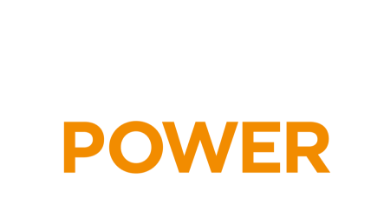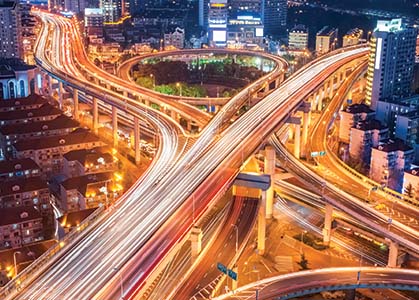The press conference to present the study will take place at InnoTrans on September 21, 2022 at 12 p.m. and is broadcast live via this link: https://plus.innotrans.de
Paris, September 21, 2022 – 7:30 a.m. CEST – Forsee Power (FR0014005SB3 – FORSE), the expert in smart battery systems for sustainable electromobility, and E-CUBE, the strategy consulting firm dedicated to energy, mobility and climate issues present a study on the decarbonization of rail transport in Europe at the occasion of the InnoTrans international trade show dedicated to rail, which is being held in Berlin from September 20 to 23.
This analysis, commissioned by Forsee Power, entitled Low-carbon European rail: solutions, opportunities, and challenges, addresses the state of the market and the outlook by vehicle type, usage, technology, and country.
A unique study conducted by E-CUBE with around thirty players in the railway sector
E-CUBE has carried out this study thanks to the solicitation of a large panel of market players (rail equipment manufacturers, operators, engineering companies, public authorities, network managers, rolling stock procurement players) to cover the different needs, use cases and low carbon solutions for the European rail.
Battery and hydrogen are expected to capture most of the demand for decarbonized on-board traction. In the next few years, regional trains and shunting locomotives should represent the first segments to benefit from these solutions, whereas the decarbonization of freight trains should take place mostly after 2025. As batteries are used in most main alternative traction technologies (H2, hybrid, electric with batteries), the market for batteries could account for €100-200m/ year in the next 10 years over the three main European countries (France, Germany, United Kingdom). Suppliers that have pioneered the supply of batteries to other modes of transport, such as Forsee Power, will be key players to support the transition of rail transport to battery traction systems.
Forsee Power : a comprehensive rail offer adapted to the future challenges of the rail sector
The rail transport market is a strategic area that the Forsee Power Group has been addressing for several years with its offer of battery systems. In July 2021, the acquisition of Holiwatt/Centum Adetel Transportation provided Forsee Power with an offer of chargers, wayside energy storage systems, ultra high power battery systems, and converters for a wider range of application.
This offer has integrated the Forsee Power product family, which is now very complete and complementary.
The Group’s customers include major transport references in Europe and in Asia. In particular, it equips the Nice tramway and the tramway in the city of Kaohsiung, on the island of Taiwan, with its battery and wayside fast-charging systems to enable catenary-free operations.
Forsee Power also supports the French manufacturer ALSTOM in the hybridization of the TER or SOCOFER, manufacturer of maintenance locomotives.
The study Low-carbon European rail: solutions, opportunities, and challenges is available for download on the Forsee Power website.
Forsee Power is exhibiting at InnoTrans, Hall 15.1, stand #465.
The Group will present the battery system developed for the future diesel/battery hybrid TER passenger trains, a project conducted by SNCF with ALSTOM/CAF with the mobilisation and financial participation of the Occitanie, Grand Est, Nouvelle-Aquitaine and Centre-Val de Loire regional authorities.

